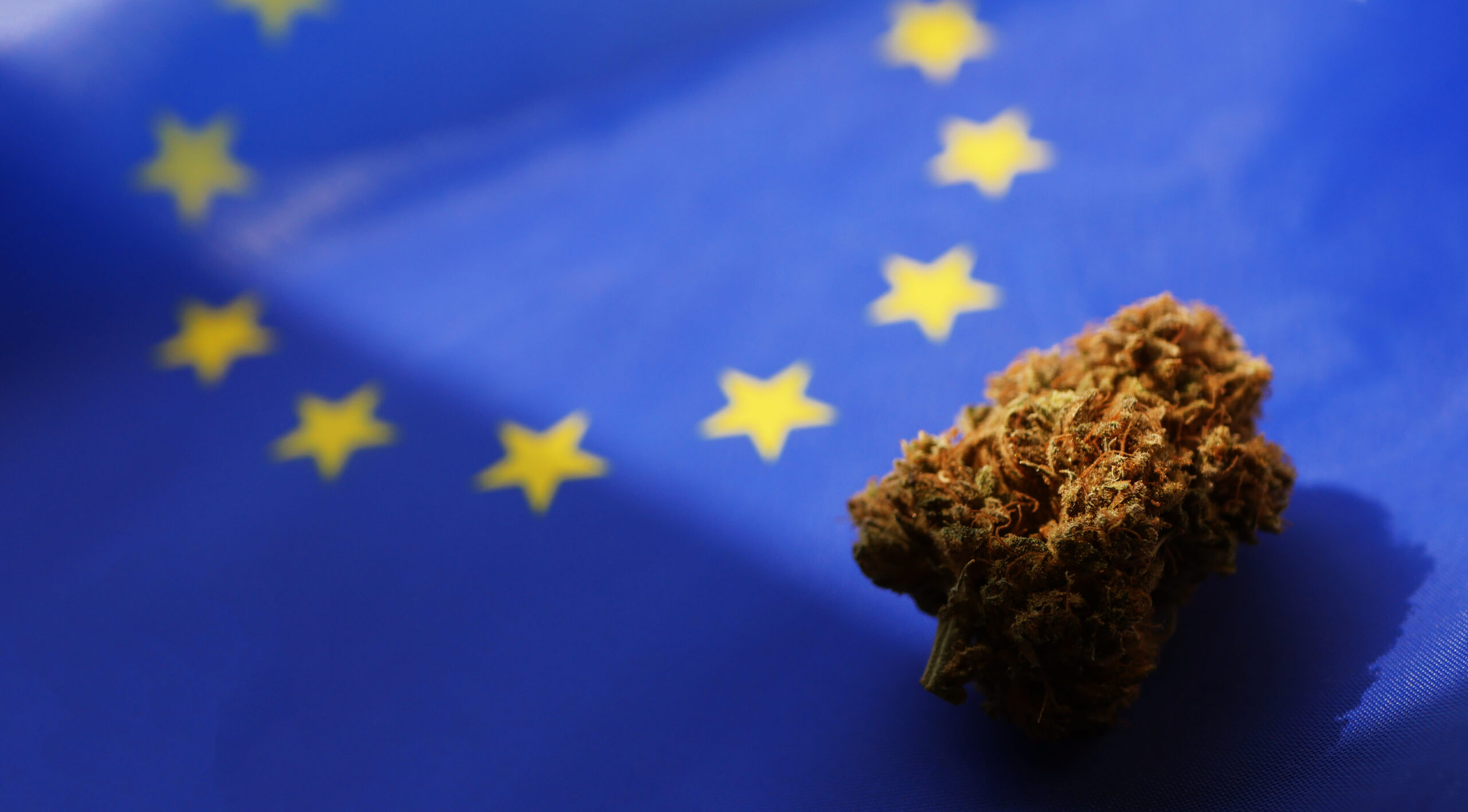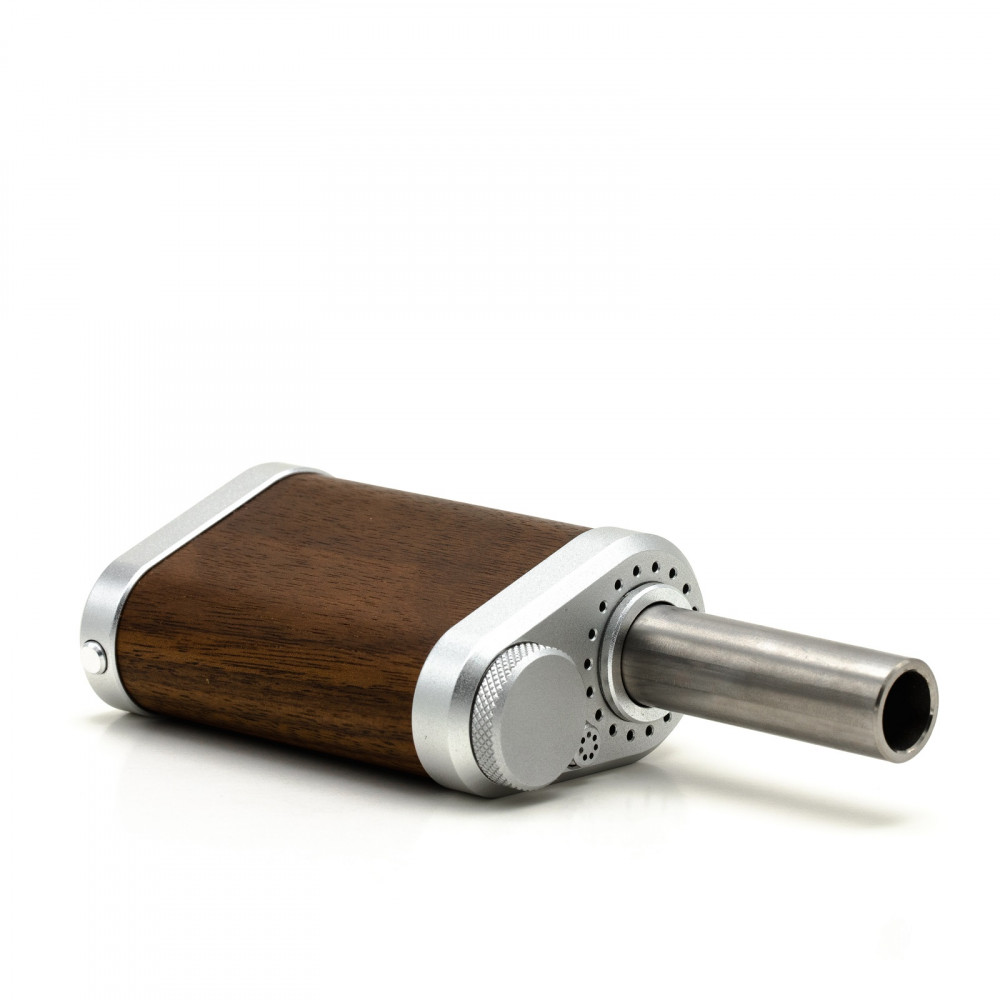

HHC in the Czech Republic
The legal landscape surrounding hemp-derived substances is continually evolving across the globe. In recent developments, the Czech Republic has adopted a regulatory framework for synthetic cannabinoids, including hexahydrocannabinols (HHCs). The country will regulate, but not ban, these substances, according to a recent article from HempToday.
What is HHC and how to regulate it?
HHCs are among the many compounds that can be extracted from the hemp plant. They are similar to delta-9-tetrahydrocannabinol (THC), which is found in cannabis and known for its psychoactive effects. However, HHCs have a slightly different chemical structure, potentially resulting in different effects when consumed.
As synthetic cannabinoids grow in popularity worldwide, countries are grappling with how to regulate these substances. They pose unique challenges because they fall into a grey area in terms of legality. They are derived from legal hemp plants, but their molecular structure and effects resemble those of THC, which is illegal in many jurisdictions.
Czech Republic – It’s stance on HHC
The Czech Republic, long known for its progressive approach to drug policy, has chosen to regulate these substances rather than ban them outright. According to the cited article, the Czech government aims to ensure the safe and controlled use of HHCs and other synthetic cannabinoids while still allowing for innovation and growth in the hemp industry.
Under the new regulation, producers and sellers of synthetic cannabinoids will have to meet specific requirements to ensure consumer safety. This includes conducting thorough safety tests and providing comprehensive consumer information about the product. Importantly, any HHCs produced from CBD must not contain more than 0.3% THC, keeping in line with many global standards for hemp products.
This move is seen as a progressive step that contrasts the outright bans imposed by other countries grappling with the regulation of synthetic cannabinoids. The Czech Republic’s nuanced approach recognizes the potential benefits of hemp derivatives, such as their therapeutic potential, while also acknowledging the need for consumer safety and the prevention of misuse.
Critics, however, argue that more research is needed to fully understand the effects of HHCs and other synthetic cannabinoids. While the Czech government’s regulations mandate safety testing, the relatively recent emergence of these substances means that long-term effects are not yet fully understood.
The fate of HHC
Looking ahead, the Czech Republic’s approach to regulating synthetic cannabinoids like HHCs will undoubtedly serve as a model for other countries. The move marks a potentially pivotal moment in the global debate surrounding hemp derivatives and their legal status. It could signify a shift towards a more balanced approach to regulation that both safeguards public health and supports industry growth.
In conclusion, the legal status of HHC in the Czech Republic, as in many parts of the world, is complex and ever-evolving. The decision to regulate, rather than ban, synthetic cannabinoids reflects the ongoing struggle to strike a balance between safety, innovation, and economic considerations. It serves as an example of the flexibility needed in drug policies as we continue to learn more about hemp and its many derivatives.



